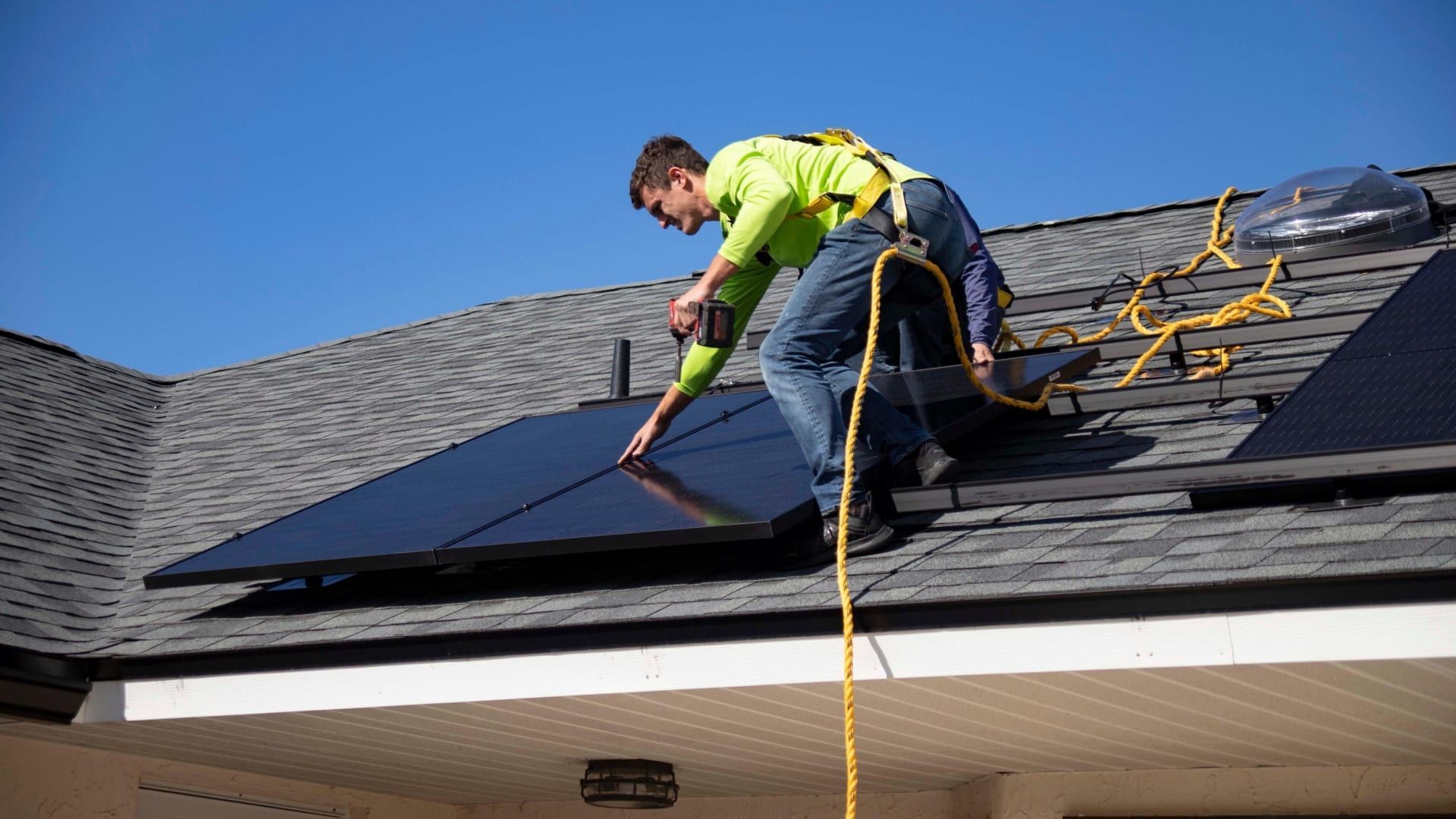What to Do If You Get a Low Home Appraisal
Your home appraisal comes back… and it’s lower than what you thought.
This is an unfortunate situation to be in. Having a low home appraisal when you’re halfway through escrow can be frustrating. The last thing you’d want to do is renegotiate the sales price you and the buyer agreed to, but there are ways to handle the situation.
Here’s an easy-to-follow process of what to do if you get a low home appraisal…
How to Avoid a Low Home Appraisal
The first thing is that there’s no surefire way to avoid a home appraisal that you believe has undervalued your home. You can help mitigate the risk. One of the biggest ways to avoid having a low home appraisal is to get a good understanding of the value of the home before it hits the market. Choosing an agent based on a low commission would be a mistake. (I’ll go into how this can affect your home appraisal and can hurt selling your home in a moment)…
Some agents may choose to price the property higher than what you’d like. They do this in hopes that you’ll come down on the property price once the buyers bid on the property (or when they don’t bid on the property). An agent whose primary concern is your well-being will give you an accurate value of your property from the beginning, even if it’s less than what you’ve hoped for.
This is where having a professional agent with a reputation of high performance comes in.
Before you proceed through the home appraisal process, your agent should do a comparative market analysis (CMA). This will give you insight into the true value of your home. The CMA might come in lower than what you thought, but it’s better to get an accurate value of your home on the front end over challenging your appraiser after they’ve performed their review of your home.
The First Thing You Should Do If You Have a Low Home Appraisal

If your appraisal came in low the best thing you can do is take a second glance at all the details of your home. There’s no price anyone could place on the memories you’ve created in the space, but the real estate appraiser doesn’t hold the same sentiment towards your home. It’s important to look at all the little details of the home as if you were determining the value of your home after seeing it for the first time.

The Biggest Reasons for a Low Home Appraisal
The real estate appraiser is NOT performing a home inspection. They’re looking at the aesthetics of the home to determine its condition. That’s why it’s important you adequately prep the home for sale…
10 Things You Must Do Before You List Your Home
Here are some important items in the home to review:
(Conventional financing has easier guidelines than FHA and VA. Either way, making sure these items are in pristine detail will ensure you’re covered.)
- Peeling Paint – This especially applies to homes built before 1978. Homes built before 1978 could have lead-based paint, which is hazardous.
- Exterior Condition – The roof, siding, and foundation should showcase that the home is habitable.
- Missing Handrails – Any set of steps that has more than 3 steps should have a handrail. This is another safety hazard.
- Windows – Your windows should be in proper working condition. If they’re difficult to open, the appraiser may cite it in the home appraisal.
- Heating and Cooling System – Your home’s HVAC system should be in proper working order. The appraiser may test the different temperature levels of the heating and cooling system to determine if it’s in good condition.
- Interior Condition – Look at your floors, kitchen, bathroom, walls, windows, and doors. Each of these items should be in the best possible condition.
Make Sure to Ask for a Review of the Appraisal Report

Compare the items listed above with the appraisal report. Review the appraisal report and look for any discrepancies. Not every appraiser is a local expert. The appraiser may be new, looking to be a bit more stringent on their review process, or they just may not have a lot of knowledge in your area. So once you’ve got an appraisal report, you’ll want to look for any discrepancies.
Did the appraiser use inadequate properties in your area to compare with your home? Perhaps you know that the homes one street over from your home have a much lower value than yours. You’ll want to mark that for review.
Are there any updates made to your home that weren’t accounted for? Did you make an addition to the property, or updates to the flooring, kitchen, bathroom or more that weren’t accounted for?
Keep in mind that the appraiser is looking for the habitability of the home. The decor is not very high on the appraiser’s list, but it does add bonus points. You’ll want to present your home in the very best light for the appraiser.
Ensure Your Home Received a Thorough Review Process

Unfortunately, the real estate industry has a bad reputation for being sales-driven instead of going above and beyond to help consumers. In the post on How to Prepare for Real Estate Appraisal, I mentioned how important it is to have your agent attend your home appraisal and meet the appraiser at the scheduled time. This ensures that the appraiser didn’t shorten their review process and will give you peace of mind that they performed the proper due diligence.
It’s possible the appraiser could have only driven by the property to determine your home’s value. It’s all too easy for the home appraiser to do this and not go inside the home. This can happen especially if you’re not living in the home. (Which also means repairs you’ve made may not have been accounted for.)
After looking at your home (and the appraisal report) from an outside perspective, you may determine one of two things:
- The home appraisal IS accurate – Your agent should have been proactive with walking you through the results of your home appraisal to explain the reasons behind the appraisal price. If you did not have this conversation, then you may want to speak with your agent to discuss the results. Your agent will have familiarity with the marketplace and have a deeper wealth of knowledge about homes for sale and homes sold.
- There may be some inaccuracy – Maybe there are some updates you don’t believe were calculated into the home’s value. Perhaps you’ve determined some homes in your neighborhood they’ve used as comparables are not adequate.
At this point, you may want to challenge the appraisal. Here’s how…

How to Challenge a Real Estate Appraisal (and Win)
Speak With the Appraiser About Performing Another Review of Your Home
You can petition the appraiser to perform another review on your home. One way you can do so is by sending a formal letter. Ask your agent if they have a template you can use. Make sure to have your agent review the letter before submitting it to the appraiser. They will help you ensure that you’re touching on the most important points.
See If You Can Switch Agents
Your agent should be holding your hand through the entire process of navigating the home appraisal (and telling you how to challenge the appraisal). If the agent you’re working with is not meeting your standards, it may be best to find an agent that can guide you through the process successfully. Even if you’re in the middle of a listing, you can check your listing agreement to see if you’re able to switch agents.
There’s no reason to navigate the real estate appraisal process alone. If you have questions about your own home appraisal process, contact us. We’re here to help.
















